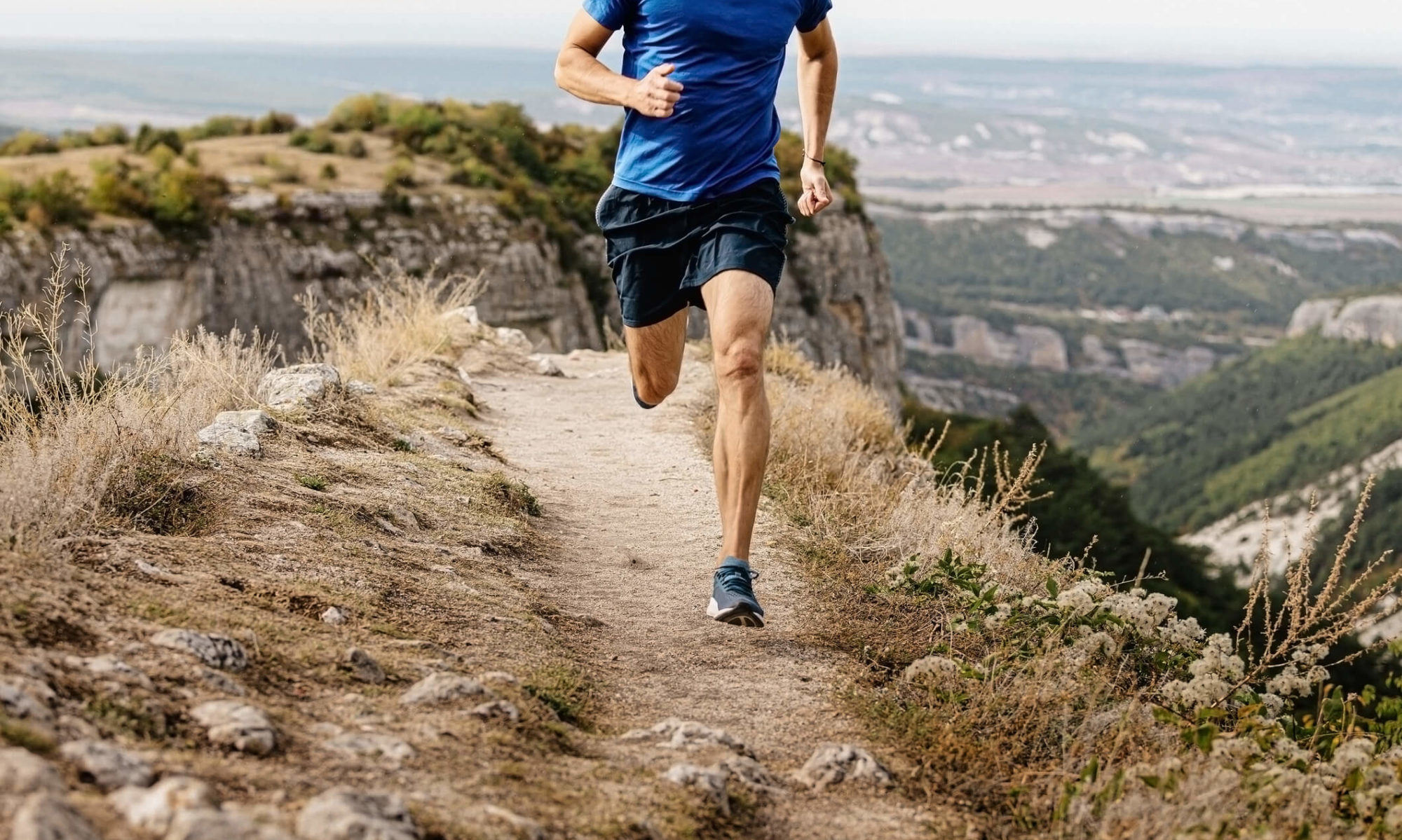GUIDELINES FOR FLUID REPLACEMENT

PRE-COMPETITION:
Drink 32 oz. two hours prior (including 16 oz. during last half-hour before activity)

DURING EXERCISE:
Drink 8 oz. every 15 minutes (at least 32 oz. per hour)

POST -EVENT:
Drink at least 20 oz. for every pound of body weight lost during activity

Hydration & Heat: boiling down the importance of staying well-hydrated in a hot environment
Summer is now officially upon us, with temps heating up all over the U.S. and the globe. It’s common knowledge that hot ambient conditions require more water consumption, but why is it so critical for humans? To what degree should we look to replace water and other fluids while exercising or competing in the heat?
All the factors listed lead to a decrease in performance and time to exhaustion, and further increase the risk for heat illness and muscle cramping. While heat cramps and darker-colored urine can be initial signs of fluid imbalance, this can be quickly followed by heat exhaustion – characterized by dizziness, vomiting, and changes in pulse, blood pressure, or core temperature. If not addressed rapidly, it can transition into heat stroke, which can be fatal.
The key electrolytes lost in sweat (sodium, potassium, magnesium, chloride) are vital to muscle function and must also be replenished along with water. Some sports drinks, fruits, and other snacks can be helpful to maintain electrolyte balance while exercising in hot environments. Caffeine consumed in large amounts can act as a diuretic and pull water away from working muscles, but in small amounts may be advantageous for athletes.
For more tips on how sports drinks, snacks, (and even caffeine) can be used strategically by athletes to aid performance, check out the link to my Practical Sports Nutrition Guidebook below:
- It’s important to know that during intense activity, fluid losses can equal > 2-3 liters/hour. Since a high sweat rate reduces blood volume (less oxygen carried to muscles), performance can quickly drop in a dehydrating body.
- Hypo-hydration can also elevate catecholamines and the stress hormone epinephrine, potentially leading to inefficient cardiac output. For each L of sweat lost, HR increases 8 bpm, while total cardiac output decreases 1 liter/min.
- Dehydration impairs evaporative cooling (i.e., sweat response); which is how the body releases 80% of heat generated by exercise.
- Hypo-hydration causes in earlier onset of blood lactate accumulation & other metabolic wastes; and it also decreases glucose metabolism.
– CHRIS BORGARD
